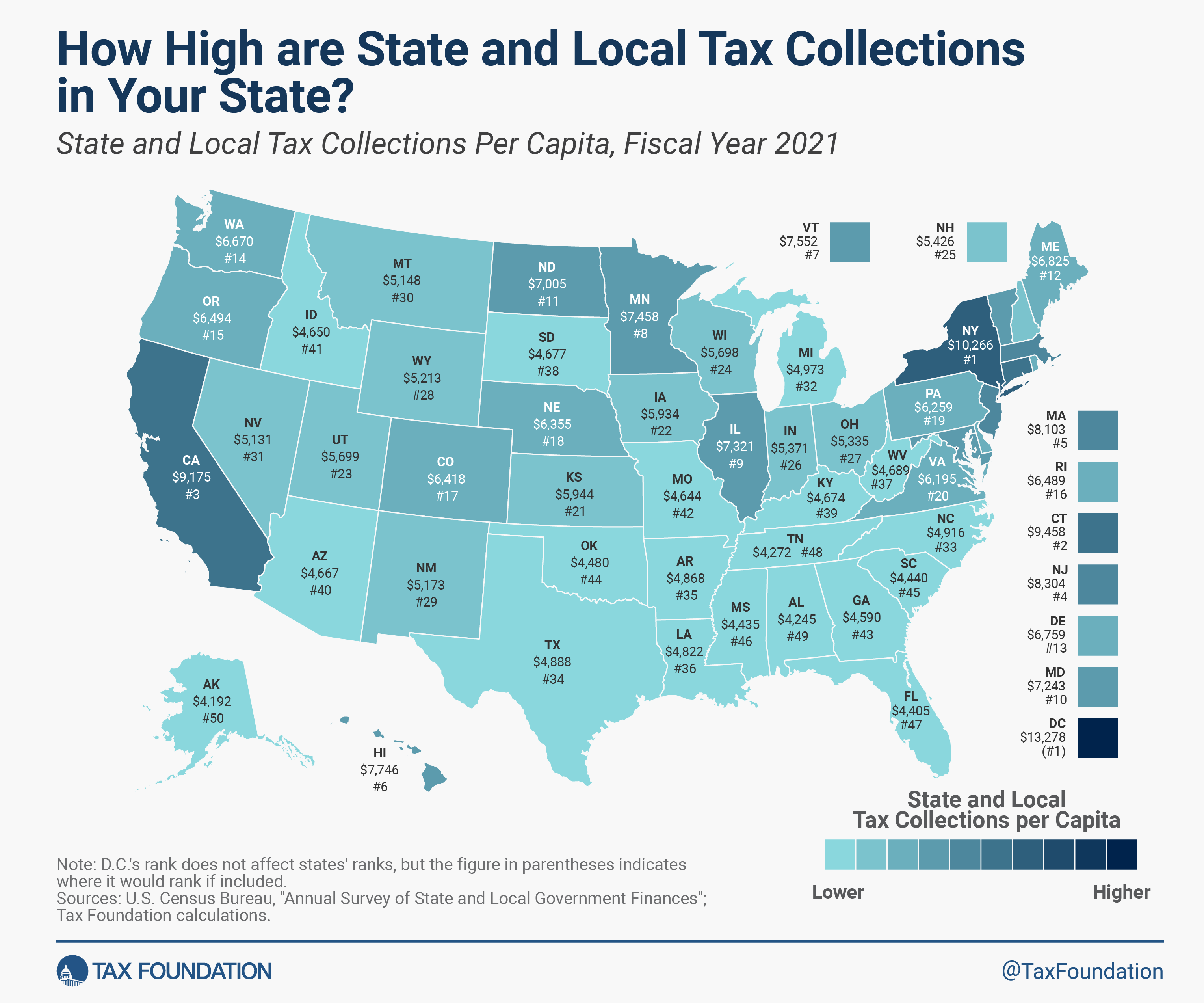New York Enacts Statewide “Freelance Isn’t Free Act”
On November 22, 2023, New York Governor Kathy Hochul signed into law a statewide “Freelance Isn’t Free Act” to provide certain protections for freelance workers. The act mirrors protections in New York City’s law of the same name, which took effect in May 2017.
Here are the highlights of the Freelance Isn’t Free Act, which will be codified in a new Section 191-d of the Labor Law:
Definitions
The law defines “freelance worker” as any natural person or organization composed of no more than one natural person, whether or not incorporated or employing a trade name, that is hired or retained as an independent contractor by a hiring party to provide services in exchange for an amount equal to or greater than $800, either by itself or when aggregated with all contracts for services between the same hiring party and freelance worker during the immediately preceding 120 days. “Freelance worker” does not include:
- “sales representatives,” as defined in Labor Law § 191-a;
- practicing attorneys;
- licensed medical professionals; or
- “construction contractors,” as defined in the Freelance Isn’t Free Act.
The law defines “hiring party” as any person or entity (other than a federal, state, or municipal governmental agency or authority) that retains a freelance worker to provide any service.
Written Contract Required
Whenever a hiring party retains the services of a freelance worker, the terms of the engagement must be reflected in a written contract between the parties. The written contract, a physical or electronic copy of which must be furnished to the freelancer, must include the following information:
- the name and mailing address of both the hiring party and the freelance worker;
- an itemization of all services to be provided by the freelancer, the value of the services to be provided pursuant to the contract, and the rate and method of compensation;
- the date on which the hiring party must pay the contracted compensation or the mechanism by which such date will be determined; and
- the date by which a freelance worker must submit a list of services rendered under such contract to the hiring party in order to meet any internal processing deadlines of such hiring party for the purposes of compensation being timely rendered by the agreed-upon payment date.
The hiring party must retain a copy of the contract for at least six years. The Department of Labor will make “model” contracts available on its website.
Payment Deadline
Except as otherwise provided by law, the contracted compensation shall be paid to a freelance worker either on or before the date such compensation is due under the terms of the contract, or if the contract does not specify when the hiring party must pay the contracted compensation or the mechanism by which such date will be determined, no later than 30 days after the completion of the freelance worker’s services under the contract. Once a freelance worker has commenced performance of the services under the contract, the hiring party shall not require as a condition of timely payment that the freelance worker accept less compensation than the amount of the contracted compensation.
Rulemaking
The law empowers the Commissioner of Labor to issue rules “to ensure that the freelance worker and the hiring party understand their obligations under the contract.”
No Retaliation
Under the law, a hiring party may not “threaten, intimidate, discipline, harass, deny a work opportunity to, or discriminate against a freelance worker, or take any other action that penalizes a freelance worker for, or is reasonably likely to deter a freelance worker from, exercising or attempting to exercise any right guaranteed under [the law], or from obtaining any future work opportunity because the freelance worker has done so.”
Violations and Remedies
Freelance workers may file a complaint with the Commissioner of Labor for violations of the law. The Commissioner is empowered to investigate such complaints and to award relief, including civil and criminal penalties. The Commissioner is also authorized to:
- take assignments of claims from freelance workers for amounts owed to them;
- sue hiring parties on such assigned claims;
- join in a single action any number of wage claims against the same hiring party; and
- enter into reciprocal agreements with authorities in other states to enforce the protections of the law.
In addition, a freelance worker alleging a violation of the law may file a civil action in any court of competent jurisdiction for damages. Actions for non-payment of the contracted compensation or for retaliation are subject to a six-year statute of limitations.
A plaintiff who prevails on a claim of non-payment may recover—in addition to the amounts owed under the contract with the hiring party—double damages, injunctive relief, reasonable attorneys’ fees, costs, and “such other remedies as may be appropriate.”
A plaintiff who prevails on a claim of retaliation may recover—in addition to any other amounts owed under the law—“statutory damages equal to the value of the underlying contract for each violation [of the anti-retaliation provision].”
In addition, where reasonable cause exists to believe that a hiring party is engaged in a pattern or practice of violations of this article, the New York Attorney General may commence a civil action on behalf of the state and seek injunctive relief, civil penalties of not more than $25,000, and “any other appropriate relief.”
Effective Date
The new law takes effect on May 20, 2024 and applies only to contracts entered into on or after that date.
Practical Takeaways
Most businesses engaging freelancers and other independent contractors already utilize written agreements to codify the terms of those engagements because of the many benefits of having a written agreement. Those businesses that don’t, and that engage freelancers subject to the new law, will have to do so as of the law’s effective date. Notably, neither the statewide Freelance Isn’t Free Act or its New York City analogue are concerned with “business-to-business” relationships or other engagements that do not involve an individual service provider. Businesses that engage individuals (whether directly or through a company comprised solely of the individual, such as a single-member LLC)—as opposed to vendors, agencies, or other third-party companies—to provide contracted services or labor on a non-W-2 basis should already be on high alert given the proliferation of independent contractor misclassification claims across the country. New York’s new law is intended to shine a light on those individual engagements, but will not insulate the hiring entity from liability for misclassification under wage, tax, or other laws if the worker does not qualify as a bona fide independent contractor under those laws. Businesses that rely on contract workers should consult with legal counsel to determine the level of risk inherent in those relationships under all applicable laws and take appropriate steps to minimize potential liability.
Proskauer’s Wage and Hour Group is comprised of seasoned litigators who regularly advise the world’s leading companies to help them avoid, minimize, and manage exposure to wage and hour-related risk. Subscribe to our wage and hour blog to stay current on the latest developments.





